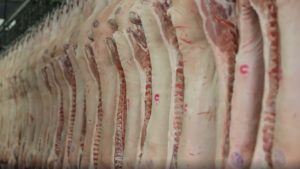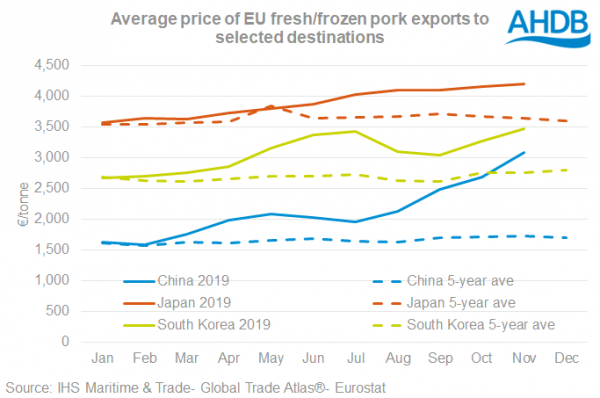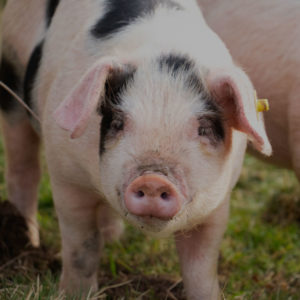GB pork sales suffering
Total GB pig meat sales fell by 4.5% in volume, compared to the year before, in the 12 weeks to December 29, which includes the key Christmas period. Total spend remained stable though, as average prices were up 4.5%.
Primary fresh/frozen pork recorded particularly significant losses in both volumes (-8%) and value (-7%). Losses were driven by roasting joints and chops/steaks.

Although prices for primary pork moved above year-earlier levels during this period (+1%), prices have been increasing much more strongly throughout the supply chain. The SPP was 16% up on year-earlier levels by the end of 2019, and in November, primary pork import prices were 30% higher year-on-year.
Bacon sales continued to slide (vol -6%), though prices have recorded a strong 8% rise, which supported spend. There has been some growth in bacon from premium and healthy ranges while the standard tier has suffered.
Among other red meats, total lamb sales slipped by 4% in volume compared to the same period last year; prices were 2% higher. Total beef sales were quite stable in volume terms, falling by less than 1% year-on-year.
Simon King





